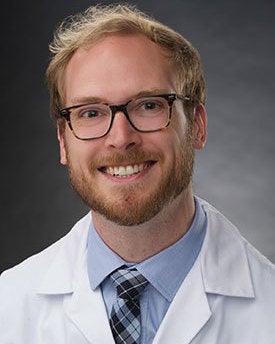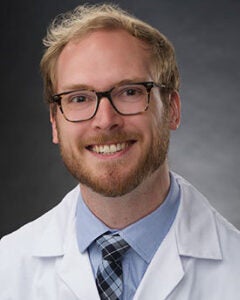NEJM Catalyst Event Tackles Patient Behavior Change

How can physicians empower patients?
Editor’s note: Last week, NEJM Catalyst and the University of Pennsylvania Center for Health Incentives and Behavioral Economics at the Leonard Davis Institute (LDI CHIBE) hosted a live event and webcast on “Patient Engagement: Behavioral Strategies for Better Health.” In it, event Chair Kevin Volpp described the successful health system of the future that would feature value-based provider payments and insurance benefit design, new and improved patient choice environments, and incentives for healthy behaviors. Above all, the system would meet patients where they are, not where we think they should be. Panels discussed the formation and maintenance of healthy behaviors and habits, lessons from other industries on changing behavior, and insurance benefit designs and incentives that influence patient choices. See here for the agenda and speakers; the entire webcast will be available next week.
The following is a guest post by Harrison Kalodimos, a 4th-year medical student at Penn, who listened in on the webcast and was inspired by what he heard. His suggested interventions are very much in line with the “social marketing” approach presented by Dr. Punam Keller at the event.

As a medical student going into primary care, I value health behavior change not only as a disease prevention strategy, but as a way of empowering patients. In many areas of our health care system, we ask our patients to be passive recipients of care: to take their pills obligingly, get their colonoscopies on the appointed date, and to consent to the surgeries we recommend. In health behaviors such as diet and exercise, patients are instead active promoters of their own wellbeing.
This altered power balance in which the patient has control and the provider has only influence can make health care practitioners who are used to being in charge feel deeply uncomfortable. However, with a third of all premature deaths in America attributable to health behaviors, there is tremendous opportunity here to better our nation’s health by partnering with patients to promote more healthy behaviors.
During the NEJM Catalyst event, Dr. Kevin Volpp of LDI CHIBE pointed out that physicians are limited in their capacity to directly effect behavior change because of the severe constraints on time available with patients. Having spent a considerable portion of my training in primary care practices, I am extremely sensitive to the time-constrained environment in which I will be practicing medicine.
That being said, I believe that physicians having a solid grasp of behavior change is important because it affects how we communicate within that time-limited environment. By increasing our comfort with strategies of influence rather than control, I believe that physicians with this training are better able to promote patient self-efficacy and agency in everything from medication adherence to tobacco use. As such, I am a vocal advocate for a strong behavior change curriculum at the Perelman School of Medicine at the University of Pennsylvania.
In fact, a few hours after the NEJM Catalyst event I spoke to a group of medical students and physicians about how they can incorporate brief behavior change interventions into their clinical practice. During this talk, I laid out a framework loosely based on motivational interviewing that health care providers could use to engage with patients about their health behaviors. By way of summary (more here), my proposal was as follows.
- Understand a patient’s ambivalence about behavior change as a decisional balance between the costs and benefits of a given behavior that promotes the status quo.
- Resist the temptation to try to shift this balance for them, but instead focus on questions that help patients understand how the behavior in question fits in with or gets in the way of their other goals.
- As you listen, reflect back to patients their own statements about their desire, ability, reasons, or need for change.
Dr. Volpp’s point about time-constraint is well taken, and we must be mindful that physician time is a scarce resource that must be allocated judiciously. Moreover, I agree wholeheartedly with the overall message of the event, which is that many strategies must be undertaken simultaneously to affect health behaviors. However, I also believe that the doctor-patient relationship can and should be an important component of these efforts as we empower patients to prevent and treat disease through behavior change.